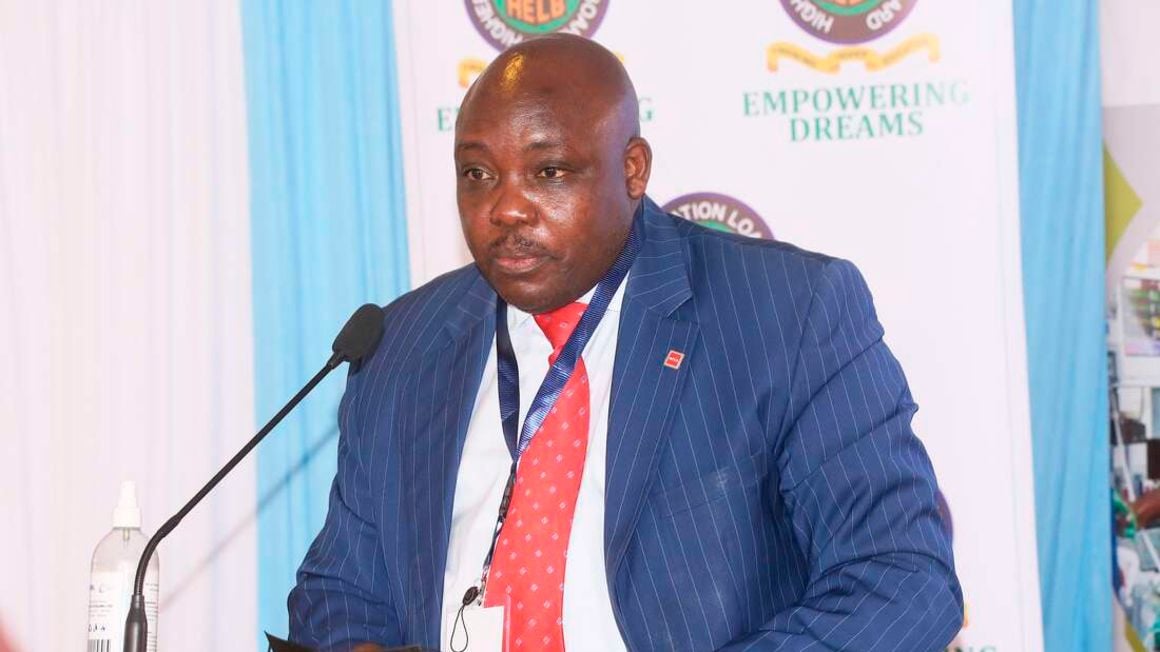An additional 63,000 students in public universities and technical colleges have received State funding after the Higher Education Loans Board (Helb) dropped some items in its budget.
Helb said it undertook two rounds of budget rationalisation between March and June to plug in the financing gaps for students this financial year.
In March, the higher education financier revealed it was struggling to finance some 140,000 students following the delayed release of Sh5.7 billion from the Treasury.
“We did a budget rationalisation where we have cut that number to about 77,000 that require about Sh3.3 billion,” said Helb chief executive Charles Ringera.
The agency said the process involved foregoing items such as staff training and diverting the money to facilitate studies.
The delayed disbursement means the students, most of who are first-years, have had to find alternative means of paying for tuition, accommodation and upkeep.
A request for additional funding to plug the current financing deficit through a supplementary budget was declined.
In the current financial year, the agency was allocated Sh15.8 billion to fund students.

Currently, a successful loan applicant receives between Sh35,000 and Sh60,000 per year.
Of the total loan disbursed, Sh8,000 is sent directly to the university as tuition fees and the balance to the beneficiary’s bank account in two equal tranches covering two semesters.
Helb is supposed to be a revolving fund in which beneficiaries who have completed studies pay back to support a fresh group of students.
The State has since reviewed the funding framework for universities and technical colleges, making it student-centred and which will be applied to the new cohort of students joining in the new year from July.
Under the new model, institutions of higher learning will be financed through scholarships at 80 percent and through loans at 20 percent.
Helb will loan government-sponsored students based on their levels of need classified as vulnerable, extremely needy, needy and less needy.
Over the years, Helb has struggled to meet the rising demand for loans, amid a growing number of government-sponsored students in public universities, limited resources and a growing list of defaulters.



